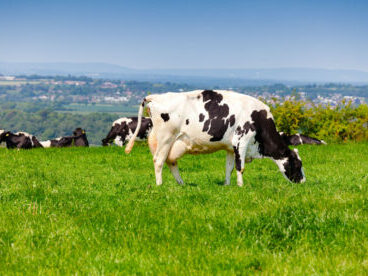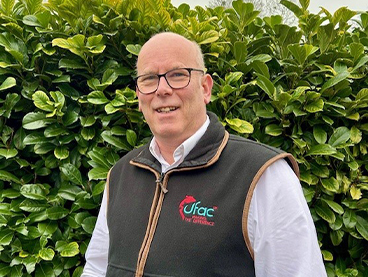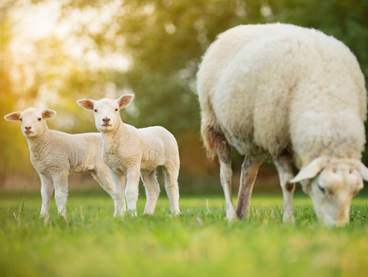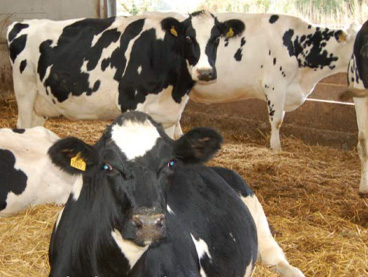Results have the potential to transform dairy sector performance and sustainability credentials
Internationally renowned Professor of Dairy Science Phil Garnsworthy of the University of Nottingham has today presented the results of a ground-breaking research project at Dairy Tech 2022, focussed on the development of a new approach to feeding ruminants with the potential to transform the industry.
The project compared a new palm-free fat supplement developed by UK nutrition and supplement company UFAC-UK, manufactured from locally sourced vegetable oils together with marine oils, against a palm-oil based control diet.
Initial results point at a potential financial benefit to the entire UK dairy herd in excess of £85m, based on current market prices for the products under trial and liquid milk.
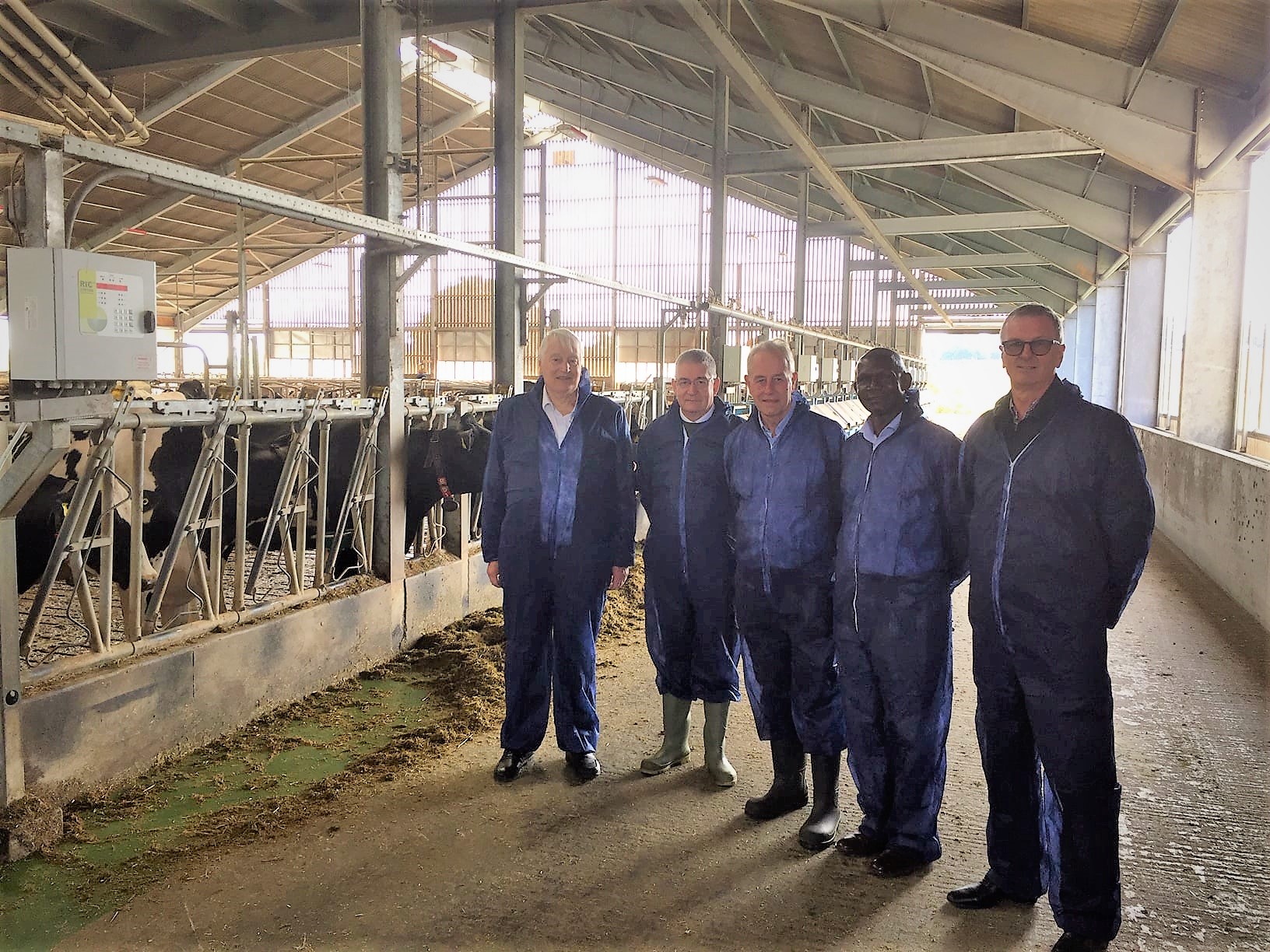
The Centre of Innovation Excellence in Livestock (CIEL) supported project utilised the research capabilities with the Centre for Dairy Science Innovation (CDSI) at Nottingham University, with the aim to determine the effect of the rumen inert palm-free fat supplement for dairy cows on milk production, cow health, fertility, feed conversion efficiency and potential implications for healthier milk for human consumption.
The overwhelmingly positive results from the trial also revealed cows were more efficient when fed on the new fat supplement, increasing milk yields and protein concentrations, with no difference in dry matter intake.
Significantly, the feed carbon footprint of the new fat supplement, named Enviro-lac, was approximately one third of the footprint of the control palm-based supplement, reducing the feed carbon footprint per kg of milk by 11%. The reduction in carbon footprint could also help to reduce land use change associated with growing palm trees.
Professor Garnsworthy comments, “Targeted and precision feeding of the new, palm-free fat supplement offers producers significant financial gains through improved quantity and quality of milk produced and reduced cost of concentrate feeding.”
Professor Garnsworthy also believes the lower carbon footprint and zero reliance upon palm oil and palm oil derivatives would stimulate local crop production, reducing dependency on imports.
“Substitution of calcium soap with the new supplement would contribute positively towards mitigating climate change by helping reduce deforestation for the planting of palm plantations,” he adds.
Robert Jones, UFAC-UK Managing Director explains, “Backed by scientific research, we are making breakthroughs in feed formulations, removing the need for palm oil and reducing the reliance on soya.
“We are unlocking the door to a more sustainable future that will positively impact the environment while transforming animal health, and increasing performance and profitability.”
Dr Harry Kamilaris, Innovation Manager – Sustainability at CIEL adds, “We are delighted to have worked with UFAC-UK on this research project. It covers areas we believe are critical to help drive a sustainable and productive future for the agri-food sector, while also being highly innovative.
“CIEL is passionate about championing industry-led research and working with our members to promote and deliver innovation in livestock production systems. As an industry, we face many challenges, but it is also a very exciting time, as projects like this bring advances to feeding and nutrition.”
Mr Jones concludes, “Our evidence-based approach to developing and innovating our products enables us to stay updated in an ever-changing world and industry. We’re delighted with the remarkable results of feeding our new product Enviro-lac, and are excited to bring it to market later this year.”


 Back to News
Back to News 